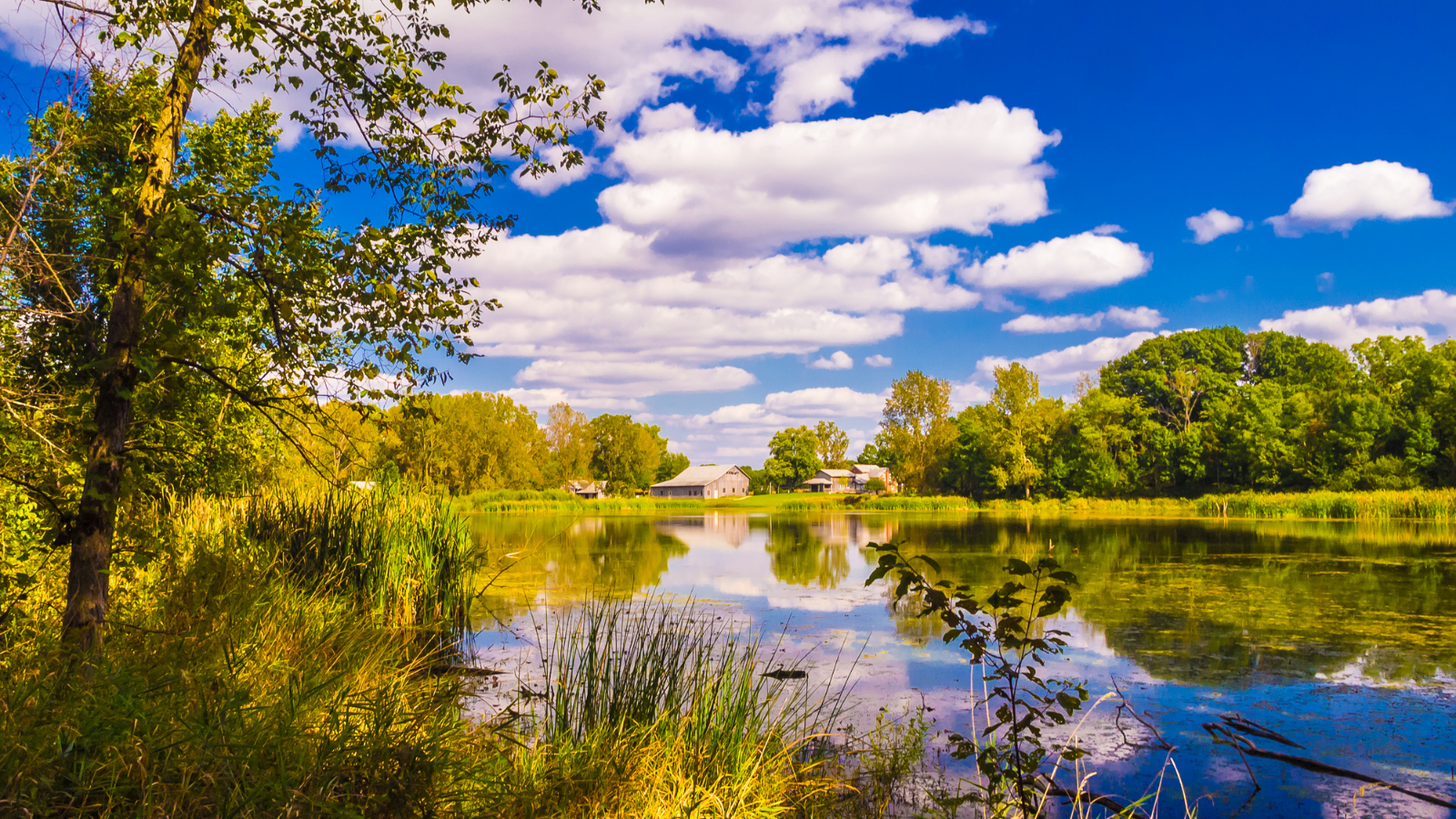Did they hear us in the back? The Dirty Water Rule is bad news for waterways
When the U.S. Environmental Protection Agency (EPA) finalized its Dirty Water Rule in April 2020, it ignored widespread public opposition. Now, two months after the rule’s implementation, the Senate Environment and Public Works (EPW) committee held a hearing to gather stakeholder feedback. Though the committee unfortunately didn’t address public opposition, it did bring up who is now responsible for keeping the impacted waterways pollution free: states and polluters.

When the U.S. Environmental Protection Agency (EPA) finalized its Dirty Water Rule in April 2020, it ignored widespread public opposition. Now, two months after the rule’s implementation, the Senate Environment and Public Works (EPW) committee held a hearing to gather stakeholder feedback. Though the committee unfortunately didn’t address public opposition, it did bring up who is now responsible for keeping the impacted waterways pollution free: states and polluters.
You might be thinking: I’ve heard of the Dirty Water Rule, but what does it actually do?
The Dirty Water Rule drastically rolls back Clean Water Act protections for vast networks of streams and wetlands across the country. America’s rivers, lakes and bays depend on these streams and wetlands for a flow of clean water. Stripping protections from these waterways will put the drinking water sources for tens of millions of Americans at risk of pollution. On top of that, we need these wetlands to help reduce flooding.
Without federal protections of streams and wetlands that are vital to our larger waterways, states are left to fill in the gaps. Rebecca Roose, New Mexico’s Environment Department Water Division Director, offered witness testimony during the hearing on this issue. She explained how states such as New Mexico, which lost protections for nearly 90 percent of its waterways under the Dirty Water Rule, will need years and millions of dollars to implement state regulations that restore protections to waterways previously under the EPA’s jurisdiction. And polluters will be given free reign to contaminate waterways in the time it takes for the state to create its own protections.
We’ve made progress in improving water quality since the Clean Water Act was passed nearly 50 years ago. We can’t allow the Dirty Water Rule to reverse these strides.
Our country understands the risks posed by the new rule and have called for clean water protections. More than one million Americans — including business owners, local officials, scientists, hunters and anglers — provided comments to the EPA, urging the agency to protect streams and wetlands under the Act. Even the EPA’s own science advisors found that the science does not support the Dirty Water Rule.
While the public has fought to protect their waterways, lobbyists for corporate agribusiness, developers, and the oil and gas industry have long demanded the removal of federal protections for streams and wetlands. Pollution from agribusinesses contributes to toxic algal outbreaks, fish kills, dead zones, drinking water contamination and fecal bacteria that can make water unsafe for swimming.
Some developers are eager to build on wetlands and the oil and gas industry already has countless pipelines running through them. The two majority witnesses at the hearing claim farmers and developers can be trusted to protect waterways without federal clean water protections holding them accountable — contamination from these industries shows this is clearly not the case.
Since the Dirty Water Rule took effect on June 22, 2020, polluters and developers have used this rollback to gain exemptions from the Clean Water Act at a shocking pace. More than half of the decisions made by the Army Corps of Engineers regarding Clean Water Act protections between Jan. 1 and Aug. 27 this year were issued since the day the new rule took effect — and the Corps decided that the Clean Water Act did not protect the waterways in question in nearly 70 percent of these recent cases.
This is unacceptable. Our ecosystem, our way of life, and even our drinking water are put at risk by the Dirty Water Rule. We will not rest until this rule is overturned and clean water protections are restored.


